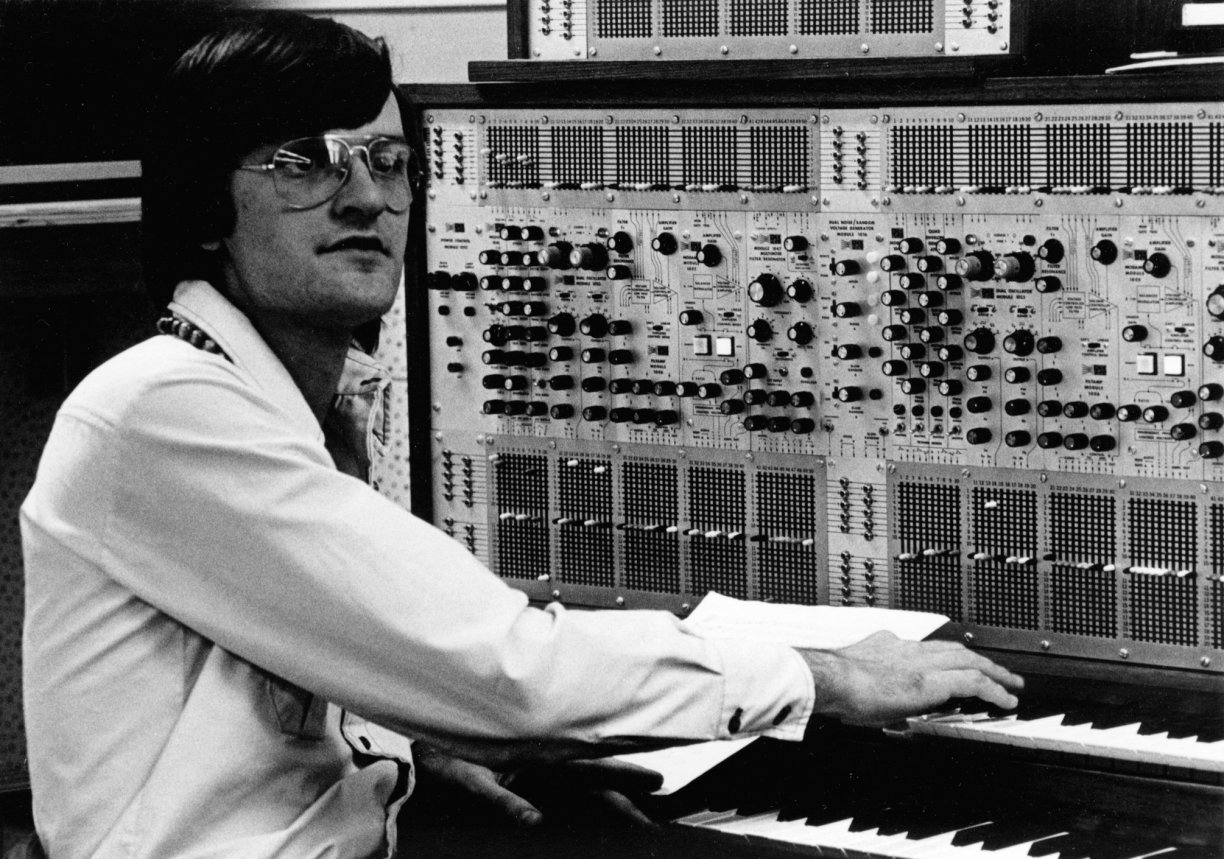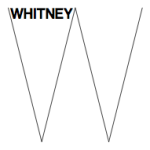Recently, the field of Brain-Computer Interfacing (BCI) has experienced leaps and bounds in scientific and technological progress. Some of these new accessible technologies have enabled the pursuit of artistic applications that could only be imagined before, especially in Brain-Computer Music Interfacing (BCMI) and its allied interdisciplinary art forms. With the help of neurotechnology companies, Syntrogi and InteraXon, Tim Mullen, Alex Khalil, and David Rosenboom will be on hand to demonstrate some of these developments for museum attendees and invited guests to experience first hand.
Entry is free with museum admission, no ticket required.
David Rosenboom (b. 1947) is a composer, performer, conductor, interdisciplinary artist, author and educator known as a pioneer in American experimental music. Since the 1960s David Rosenboom has explored the spontaneous evolution of musical forms, languages for improvisation, new techniques in scoring for ensembles, multi-disciplinary composition and performance, cross-cultural collaborations, performance art and literature, interactive multi-media and new instrument technologies, generative algorithmic systems, art-science research and philosophy, and extended musical interface with the human nervous system. His work is widely distributed and presented around the world. He holds the Richard Seaver Distinguished Chair in Music at CalArts where he is also Dean of The Herb Alpert School of Music. David Rosenboom is a Yamaha Artist.
Tim Mullen is a neuroscientist, entrepreneur, educator, and artist. He is an alumnus of UC Berkeley (B.A.) and UC San Diego (M.S.,Ph.D), and is a frequent lecturer internationally on cognitive and computational neuroscience topics. He is currently CEO at Syntrogi Inc and Director of Syntrogi Labs, developing novel solutions for decoding brain signals. He is also a musician and artist whose work in audiovisual new media, exploring real-time interactions between the brain and body and external environments, has been presented nationally and internationally. He is a Creative Director for the San Diego classical arts organization Mainly Mozart. There he serves as founding director of the annual Mozart & the Mind festival, a series of concerts, presentations, and interactive media and neurotechnology exhibitions exploring the impact of music on our brains, health, and lives.
Alexander Khalil is an ethnomusicologist, performer, and composer. His Ph.D. dissertation at the University of California, San Diego, explores the aural aspects of the chant tradition of the last remaining chanters of the church of the Ecumenical Patriarchate of Constantinople in Istanbul, Turkey. This work was informed by his own experience as a chanter of the Greek Orthodox Church, trained by Ioannis Mestakides, head chanter of the church of the Holy Sepulcher, Jerusalem. Aside from this work, Alex has spent significant time studying language and performance practices in China, Japan, and Indonesia. He has worked as a postdoctoral fellow at the department of Cognitive Science, UCSD, where he has conducted research that investigates connections between music pedagogy and the development of temporal perception.



